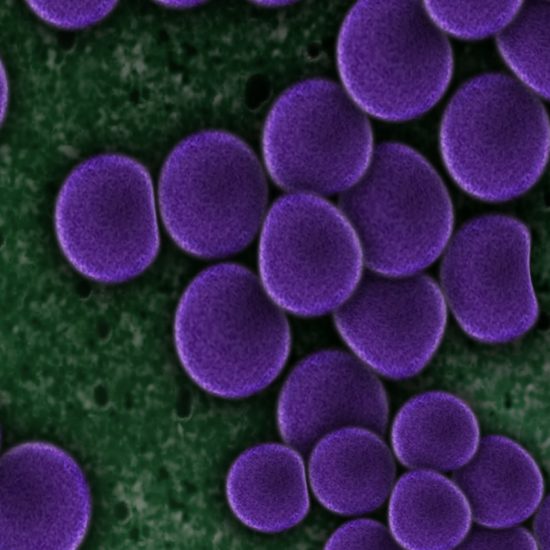Researchers discover a new approach to breaking bacterial antibiotic resistance and rescue frontline drug treatments
Researchers may have uncovered a key to making existing frontline antibiotics work again, against the deadly bacteria that cause pneumonia.
The international team from the Peter Doherty Institute for Infection and Immunity (Doherty Institute – a joint venture between the University of Melbourne and the Royal Melbourne Hospital)- the University of Queensland, Griffith University, the University of Adelaide, and St Jude Children’s Research Hospital (USA), found how to repurpose a molecule called PBT2 – originally developed as a potential treatment for disorders such as Alzheimer’s, Parkinson’s and Huntington’s diseases – to break bacterial resistance to commonly used frontline antibiotics.
Led by University of Melbourne Professor Christopher McDevitt, a laboratory head at the Doherty Institute, this discovery may see the comeback of readily available and cheap antibiotics, such as penicillin and ampicillin, as effective weapons in the fight against the rapidly rising threat of antibiotic resistance.
AMR NEWS
Your Biweekly Source for Global AMR Insights!
Stay informed with the essential newsletter that brings together all the latest One Health news on antimicrobial resistance. Delivered straight to your inbox every two weeks, AMR NEWS provides a curated selection of international insights, key publications, and the latest updates in the fight against AMR.
Don’t miss out on staying ahead in the global AMR movement—subscribe now!







